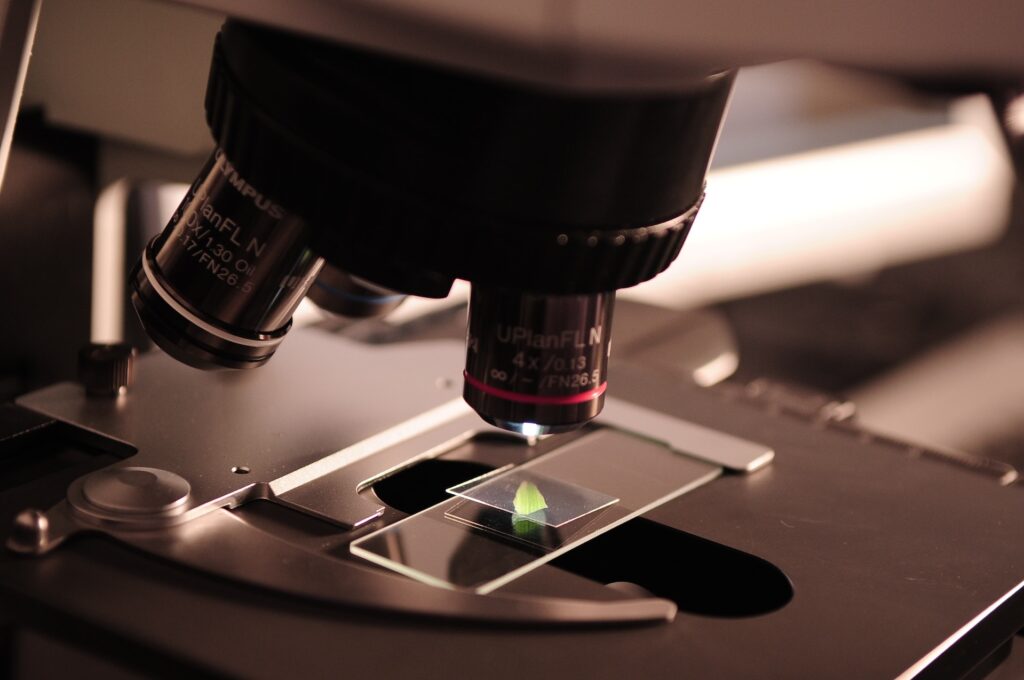School of Post Graduate Studies (SPGS)
Ph.D. Microbiology

The philosophy of the programme is hinged on producing cultured doctoral graduates with trained minds in general, while making them experts in specified areas of Microbiology.
- Research Excellence: One of the primary goals of a Ph.D. programme is to conduct original and impactful research in the field of Microbiology. A Ph.D. fellow should aim to make significant contributions to knowledge through scientific research, in both the areas of basic or applied aspects of microbiology.
- Knowledge Expansion: Deepening the understanding of microbiology is essential during a Ph.D. programme. One can aim to broaden the knowledge base by studying advanced topics within the field, such as microbial ecology, virology, immunology, molecular biology or microbial genetics.
- Skill Development: Use Ph.D. programme to enhance research skills, experimental techniques, data analysis and critical thinking abilities. One should aim to become proficient in laboratory techniques, bioinformatics, statistical analysis, scientific writing and effective communication of their research findings.
- Publications and Presentations: Another important goal is to disseminate the research findings by publishing articles in reputable scientific journals and presenting research works at conferences. This helps to establish credibility for a researcher and contributes to the scientific community's knowledge.
- Collaborations and Networking: Establishing collaborations with other researchers within and outside the institution is valuable for expanding the research scope and building a professional network. Engaging in scientific discussions, attending conferences and actively seeking opportunities to collaborate with other experts in the field.
- Teaching and Mentoring:D. programmes involve teaching responsibilities. Development of skills as a teacher and mentor is important for future academic positions. The primary aim being to deliver high-quality lectures, mentor undergraduate students and contribute to the education and training of future scientists.
- Professional Development:D. programme gives an opportunity to develop professionally by participating in workshops, seminars and training programmes, to acquire additional skills and knowledge relevant to research or future career paths. The Ph.D. programme also gives space to explore career options in academia, industry, government or entrepreneurship.
- Successful Thesis Defense: Ultimately, the culmination of Ph.D. journey is defending the thesis. The goal is to present a well-reasoned and scientifically rigorous thesis that showcases the research accomplishments, critical thinking and ability to communicate effectively with others.
- Training scholars to develop confidence in appreciating and solving problem in general with minimal or no supervision.
- Building scholars’ capacity to fit into the appropriate level of manpower to which their qualification will allow them in various employment opportunities available to Microbiologist.
- To produce highly skilled Microbiologists who can be self-employed and possibly employ others.
- Train scholars who would be able to conduct advanced researches for national and global development.
